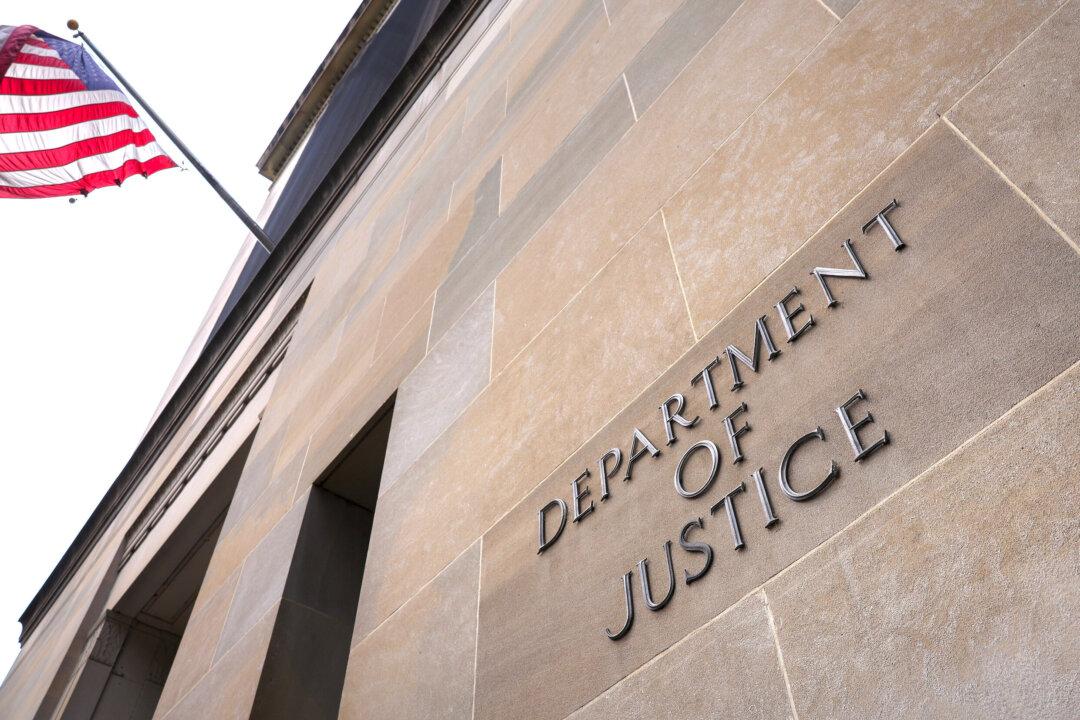A group of 18 senators sent a letter to the Department of Justice (DOJ) on Jan. 18 raising concerns that facial recognition software could reinforce racial bias in the criminal justice system.
The senators, led by Sen. Reverend Raphael Warnock (D-Ga.) and Senate Majority Whip Dick Durbin (D-Ill.), stated that facial recognition software has become widely used in law enforcement in recent years.





